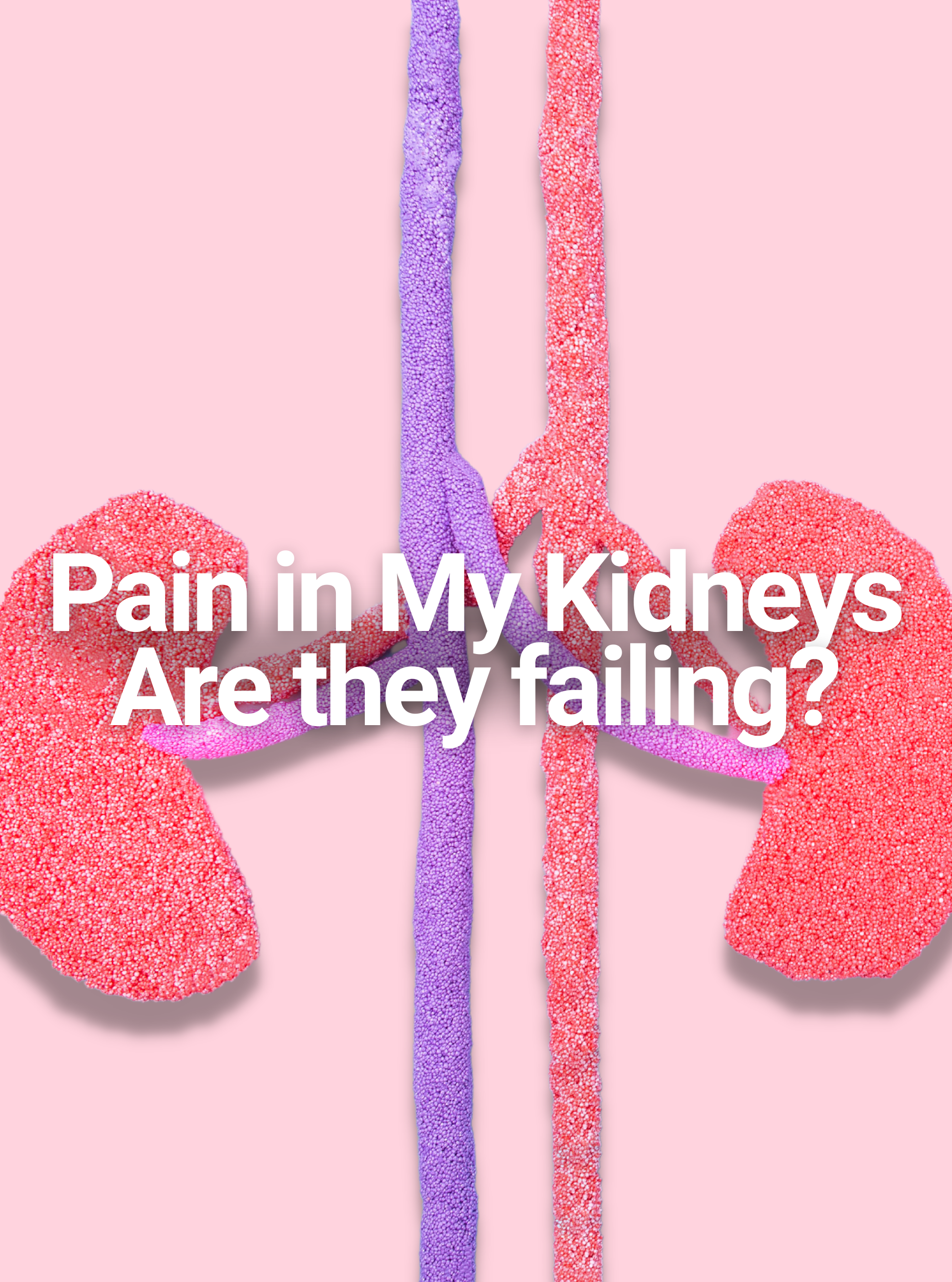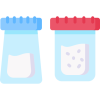


Kidneys are two bean-shaped organs located on either side of the spine, just below the rib cage and behind the stomach. They are about the size of a fist and play a crucial role in maintaining the overall health of our bodies and ensuring kidney health. The kidneys are responsible for filtering and excreting waste products from the body, regulating electrolytes and acid-base balance, controlling blood pressure, maintaining intravascular volume, stimulating red blood cell production, and preserving bone strength.
Given the importance of the kidney health, it is important to take care of them and avoid anything that could harm them. If the kidneys stop working entirely, the body cannot filter and excrete waste products, which accumulate in the body, causing the biochemical makeup to become imbalanced. Additionally, the body will retain extra water, leading to a condition called uraemia. Symptoms of uraemia include swollen limbs, fatigue, nausea, vomiting, skin changes, itchiness, and pigmentation, and breathlessness. When the kidneys lose their function completely, dialysis is necessary, and if left untreated, it can lead to seizures, coma, and death.
To prevent such dire circumstances and maintain kidney health, we need to take care of our kidneys. Here are some things to avoid to protect our kidney health:

Taking Over-the-Counter Painkillers: Non-steroidal anti-inflammatory drugs (NSAIDs) like aspirin and ibuprofen, which are easily available over-the-counter, can damage the kidneys if taken in excess or too frequently.

Not drinking enough water can lead to dehydration, increasing the risk of developing kidney stones. Drinking enough water helps kidneys clear sodium and toxins from the body. The recommended amount of fluid intake for a healthy person is two liters per day, but this may vary depending on daily activities, health conditions, and climate. People with heart, liver, and kidney issues should consult their doctor to determine the right level of fluid intake.

Smoking reduces the blood flow to the kidneys, impairing their ability to function normally.

Processed meat contains preservatives and high salt content, which can cause high blood pressure and ultimately harm the kidneys. Consuming high amounts of processed meat generates excessive acid in the blood, leading to acidosis, which the kidneys are unable to eliminate quickly enough.

Uncontrolled diabetes and hypertension are major risk factors for kidney disease. High blood sugar levels from diabetes can damage blood vessels in the kidneys, while high blood pressure constricts and narrows blood vessels, reducing blood flow to the kidneys.
To maintain kidney health, it is essential to adhere to a healthy and active lifestyle. It is crucial to have regular kidney function checks and to work closely with a doctor or nephrologist to watch out for any early signs of kidney failure. Managing blood sugar levels and blood pressure, as well as being compliant with medication, are essential in reducing the risk of kidney damage.
In conclusion, our kidneys play a vital role in our overall health, and it is essential to take care of them. By avoiding the above-mentioned harmful habits and adhering to a healthy lifestyle, we can protect our kidneys from damage and ensure their proper functioning for a healthy life.
If you’re concerned about kidney disease, a kidney function test is the first step toward peace of mind. This test, also known as a renal test, helps check for signs of kidney damage. Your doctor can explain what the renal function test is and what your renal profile’s normal range means. This is a crucial part of any comprehensive health screening, as kidney health is a core part of your overall well-being.
Early detection of health risks is crucial to protect you and your family against unpredictable health outcomes at every stage of life. While focusing on your kidneys is important, consider a holistic medical check up to cover all bases. For women, this includes a thorough female health screening, and a discussion about preventive options like the vaccine for cervical cancer.
Concerned about your kidney health? Speak with Dr. Ong Kee Liang, a Consultant Physician & Nephrologist, or Dr. Tay Li Lian, a Consultant Nephrologist, today. Recognised as some of the best nephrology doctors in Malaysia, they can provide expert guidance on your kidney profile test. You can reach our Specialist Clinic at 016-226 7680. For a general check, seek assurance on your current health condition and peace of mind by going for a comprehensive health screening with us. Purchase Now!


Life Care Diagnostic Medical Centre Sdn. Bhd. 200401034597 (673106-V)
Bangsar South
WhatsApp: 0122343610
1st Floor, Wisma Lifecare,
No. 5, Jalan Kerinchi, Bangsar South,
59200 Kuala Lumpur
Cheras South
WhatsApp: 01127213620
19A-2 & 19B-2, Block E, Kompleks Komersil Akasa,
Jalan Akasa, Akasa Cheras Selatan,
43300 Seri Kembangan, Selangor
Operating Hour:
Monday – Friday: 8.00am – 5.00pm
Saturday: 8.00am – 1.00pm
Sunday & Public Holidays: Closed
Drop us your email to know more about our monthly deals and health tips!